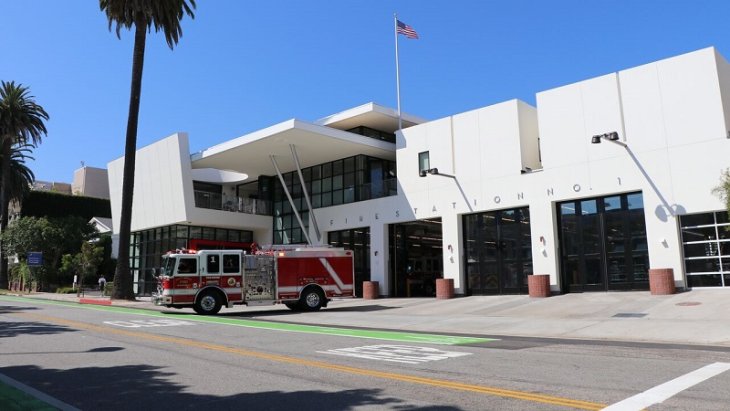Mayor Eric Garcetti is scheduled to speak at a “Champions of Change” ceremony in Washington, D.C., today honoring people who have helped immigrants navigate the naturalization process.
The eight honorees include David Huerta of Los Angeles, the president of Service Employees International Union-United Service Workers West.
Huerta has worked to build an immigrant integration program that includes English classes for union members.
U.S. Small Business Administrator Maria Contreras-Sweet is set to join Garcetti in speaking at the ceremony.
The Champions of Change program was created by the Obama administration as an opportunity for the White House to feature individuals, businesses and organizations doing extraordinary things to empower and inspire members of their communities.
This is the final day of Garcetti’s visit to Washington. His schedule in the nation’s capital includes meetings with the South Korean and Japanese ambassadors, cabinet members and staff and others to prepare for his Nov. 15-26 trade mission to Japan, China and South Korea.
He is also set to meet with Office of Management and Budget Director Shaun Donovan about Los Angeles funding needs.
Garcetti used a Washington Post-sponsored discussion on traffic problems Tuesday to call for government to pursue more public-private partnerships to reduce congestion.
There is “a ton of money” available, “whether it’s from union pension funds, whether it’s other institutional investors that are lined up for infrastructure,” Garcetti said at the “America Answers” discussion on ideas for fixing commute-related problems such as traffic congestion and safety. He was joined by U.S. Transportation Secretary Anthony Foxx.
“They’re waiting for anything,” Garcetti said. “They’ll jump on any deal that happens, but it’s just not happening, so we don’t really have a public-private partnership on infrastructure I can point to in Los Angeles.”
Garcetti said this lack of private sector involvement prompted him as the chair of the Metro board to make public-private partnership his priority, adding that the transportation agency is now “moving very aggressively on that.”
He also noted that the failure of Chicago’s privatization of parking meters, which locked taxpayers into a 75-year lease that the city ultimately lost money on, is instructive in that it teaches other public agencies that it is important to frame and design these deals properly.





















